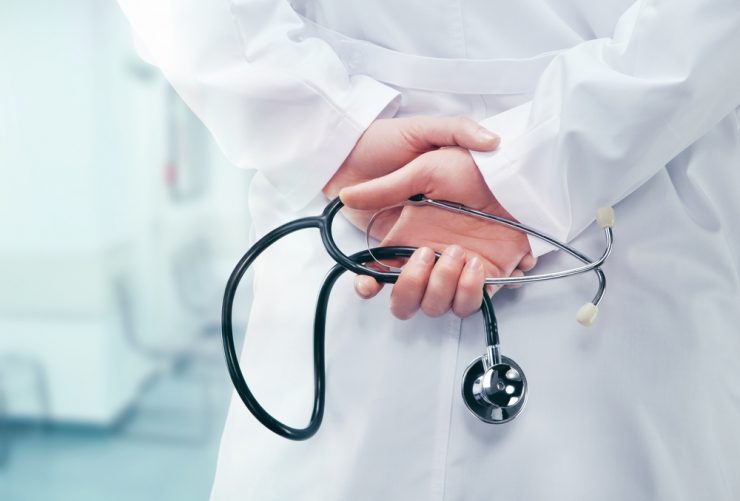There is no permanent cure for diabetes, however, treatment is imperative, to maintain normal blood glucose levels and to keep other health problems at bay.
Type 2 diabetes calls for regular exercise and healthy diet combination to regulate the blood glucose levels within safe limits, without need for other treatments. However, this is a progressive type of diabetes and can eventually require medication or insulin treatments.
Having blood glucose levels checked professionally
These should be done every 2-6 months as advised by the GP to determine the stability of the glucose levels and affect of the treatment plan. This test is called HbA1c and measures the amount of glucose in the blood in the last 6 -12 weeks. A high level indicates high blood glucose which requires an alteration in treatment plan.
Self monitoring your glucose levels
Factors like exercise level, illness, stress, other medications, drinking alcohol and changing hormone levels during menstruation in women can impact glucose levels making self monitoring a good tool to maintaining healthy glucose levels
A simple finger prick blood test can be done 3-4 times a day, normal glucose levels should be 4.0-7.0 mmol/l before meals and less than 9.0 mmol/l two hours after meals. The mmol/l is millimoles per litre measuring the concentration of glucose in blood.
Medicines for lowering type 2 diabetes
In cases where blood glucose levels are not controlled through diet and exercise plans, medication in tablet forms need to be added, these could be given separately or in combination depending on each individual.
Metformin –Normally the first recommended medication, it reduces the glucose released into the bloodstream by liver and also increases the cells’ response to insulin. It is advisable for overweight people as it does not impact body weight. However, few mild side effects include nausea and diarrhoea and inability to be used in people with damaged kidneys.
Sulphonylureas – These include medicines like glimerpirizide, glipizide, glibelclamide, gliclazide, and gliquidone, which increase insulin production by pancreas. Side effects include higher risk of hypoglycaemia as insulin levels are high, weight gain, nausea and vomiting.
Acarbose – This acts by lowering the rate at which carbohydrates are broken down to glucose by the digestive system, hence controlling the glucose level in blood soon after meals. It is generally advised only if the person cannot take other medications as it causes side effects like diarrhoea and bloating.
Thiazolidinediones – this includes rosiglitazon and pioglitazone and is normally used in combination with metformin. It increases the sensitivity of body cells to insulin. It could cause liver damage so regular checks are important. Other side effects are weight gain and sometimes, hyperglycaemia.
Repaglinide and nateglinide – Not so commonly used, these are helpful for people who have irregular meal times as these medications stimulate release of insulin by the pancreas. The effects of these are short-lived and are best taken just before meals. Can cause weight gain and hyperglycaemia.
Insulin treatments
Regular insulin treatments are required to keep blood sugar level within safe limits. These can be taken as a combination of different insulin preparations, those which are long lasting (can last upto a day), short-acting ones which last upto 8 hours or rapid acting which work quickly but do not last too long. As also used for type 1 diabetes, these can be taken in below forms:
Insulin injections
Insulin pump therapy
Insulin jet system.
Other Treatments
To reduce risks of other health ailments like heart diseases, strokes and kidney problems, below treatments are advised
Anti hypertensive medication to control high blood pressure
Simvastatin to control cholesterol levels
Low aspirin dosage to prevent stroke
Angiotensin-converting enzyme (ACE) inhibitor like enalapril, if there are early signs of diabetic kidney disease which is identified by a protein (albumin) present in the urine.
Self help
Eat healthy – a diet rich in fibre and low on salt, sugar and fat works best.
Regular exercise – mild 30 min exercise, 5 days a week is important as it keeps your blood glucose under control.
Do not smoke
Alcohol in moderation
Foot care to prevent foot infections, ulcers and blisters.
Regular eye checks, once year are important, so any signs of retinopathy caused by untreated high glucose levels can be detected.













